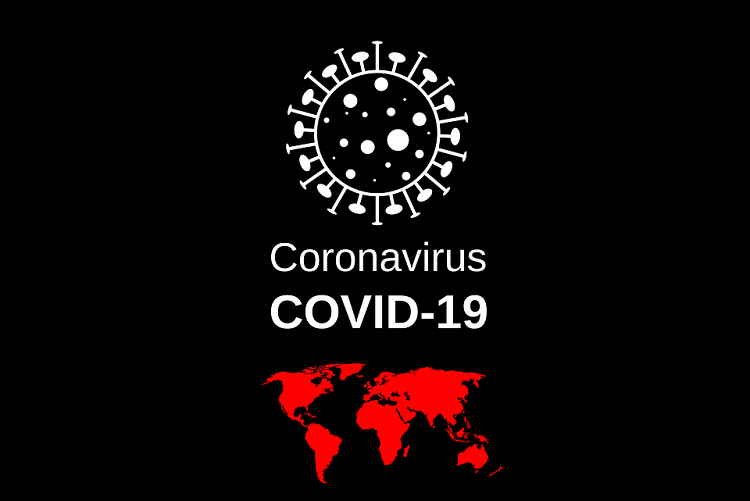Covid-19 has really changed how people behave and relate to each other. Being a new disease that just hit the world, there are so many things that people do not know about it.
This story gives an overview of a Covid-19 guide that you should be aware of:
Suspect case
Any person with an acute respiratory illness (fever or cough or difficulty in breathing) AND at least one of the following:
A history of travel from or residence in countries with the presumed widespread transmission (as advised and updated regularly) in the 14 days prior to symptom onset.
Close contact with a confirmed or probable case of COVID- 19 in the 14 days prior to illness onset.
Close contact with an individual with a history of respiratory illness and travel to countries with presumed widespread transmission within the last 30 days.
Worked or attended a health care facility in the 14 days prior to the onset of symptoms where patients with hospital-associated COVID-19 infections have been reported.
Probable Case
A suspect case for whom testing for COVID-19 is inconclusive or for whom testing was positive on a pancoronavirus assay.
Confirmed Case
A person with laboratory confirmation of COVID-19 infection, irrespective of clinical signs and
symptoms.
Actions Taken When a Case is Detected
If you are a suspect, probable, or confirmed case, the following will take place:
Stay where you are until given further instructions on how to evacuate and get help. (Call 719, 1528)
You should be assessed to see if you fit the case definition, and if you fit it, you will be advised on how to go about getting tested and your way forward.
If on you are outside the office, proceed to go home immediately; and stay at home until instructed on what to do.
You should work from home until advised otherwise.
You should write down all the people you have been in close contact with over the past week.
You should follow the medical instructions given.

